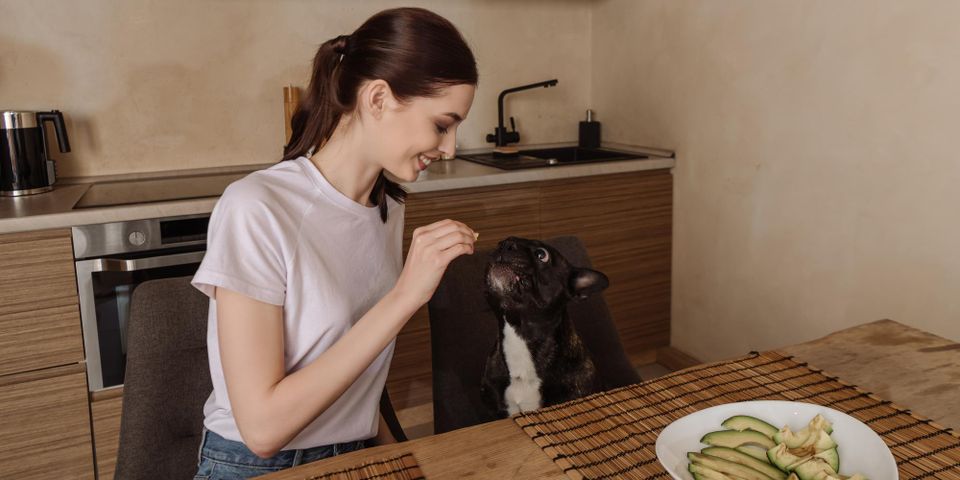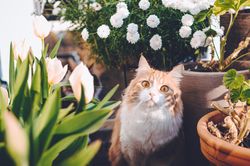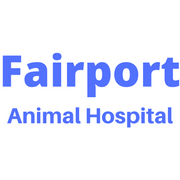5 Household Products Toxic to Cats & Dogs

Many household items contain ingredients that pose risks to animals. Life-threatening poisoning can occur when pets ingest these items at high doses, so take your furry friend to a veterinarian if you notice drooling, vomiting, diarrhea, behavioral changes, or lethargy. Prevention is the best medicine, so here’s a list of common toxins to keep away from your pet.
What Items Should You Keep Away From Pets?
1. Medications
Even over-the-counter medications safe to humans can be toxic to pets. These drugs include aspirin, acetaminophen, ibuprofen, inhalers, and antidepressants.
These pills often have sweet coatings, making them attractive to animals. Keep them secure in a locked cabinet and put bottles away after use.
2. Outdoor Chemicals
Many yard maintenance chemicals also pose threats. Insecticides, pesticides, and rodenticides contain harsh ingredients that cause internal bleeding and organ damage. You must also be cautious with fertilizers and deicers, which can cause intestinal blockages and diseases.
Store all of these products on high shelves. After deicing your yard or applying chemicals, keep pets in their kennels or inside the home until it’s safe to venture out. Manufacturer labels typically contain drying times and safety instructions.
3. Plants
 Certain plants can be toxic to cats and dogs. For example, dog owners should avoid planting azaleas, bluebells, cyclamens, hemlocks, hyacinths, and hydrangeas. Cat owners shouldn’t keep daffodils, dumb canes, and English ivies.
Certain plants can be toxic to cats and dogs. For example, dog owners should avoid planting azaleas, bluebells, cyclamens, hemlocks, hyacinths, and hydrangeas. Cat owners shouldn’t keep daffodils, dumb canes, and English ivies.
The American Society for the Prevention of Cruelty to Animals (ASPCA) compiles a list of plants toxic to pets. Consult this directory before bringing home a new plant.
4. Cleaners
Bleach is dangerous to all living organisms when ingested. Bathroom cleaners, detergents, fabric softeners, and dryer sheets also contain toxic chemicals.
These products are attractive due to their pleasant smells and unusual textures. Store them on high shelves and cabinets for safekeeping.
5. Human Foods
Many people know that chocolate is dangerous for dogs, but grapes, raisins, onions, garlic, and xylitol gum are also problematic. In cats, onions, milk, and alcohol can cause digestive discomfort and organ damage.
Keep produce out of reach on high shelves or closed cabinets and avoid feeding your pet human foods to keep them safe. If you do want to give them an occasional treat, check the ASPCA’s list of dangerous ingredients first.
If you suspect your pet has eaten something harmful, turn to the veterinarians of Fairport Animal Hospital in Monroe County, NY. Do not induce vomiting without speaking to a veterinarian first. Their compassionate and friendly team is experienced with all types of pets, including cats, dogs, birds, reptiles, and small animals. Call (585) 388-1070 with any questions, follow them on Facebook for more advice, or visit their website to learn more about their services.
About the Business
Have a question? Ask the experts!
Send your question

